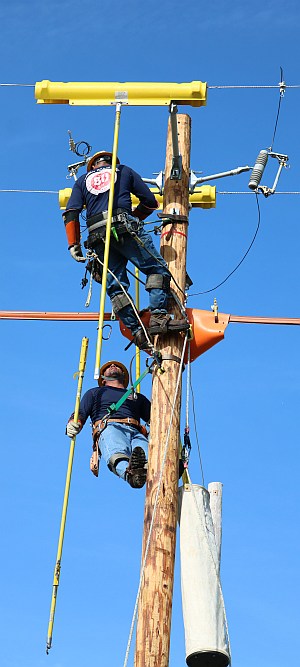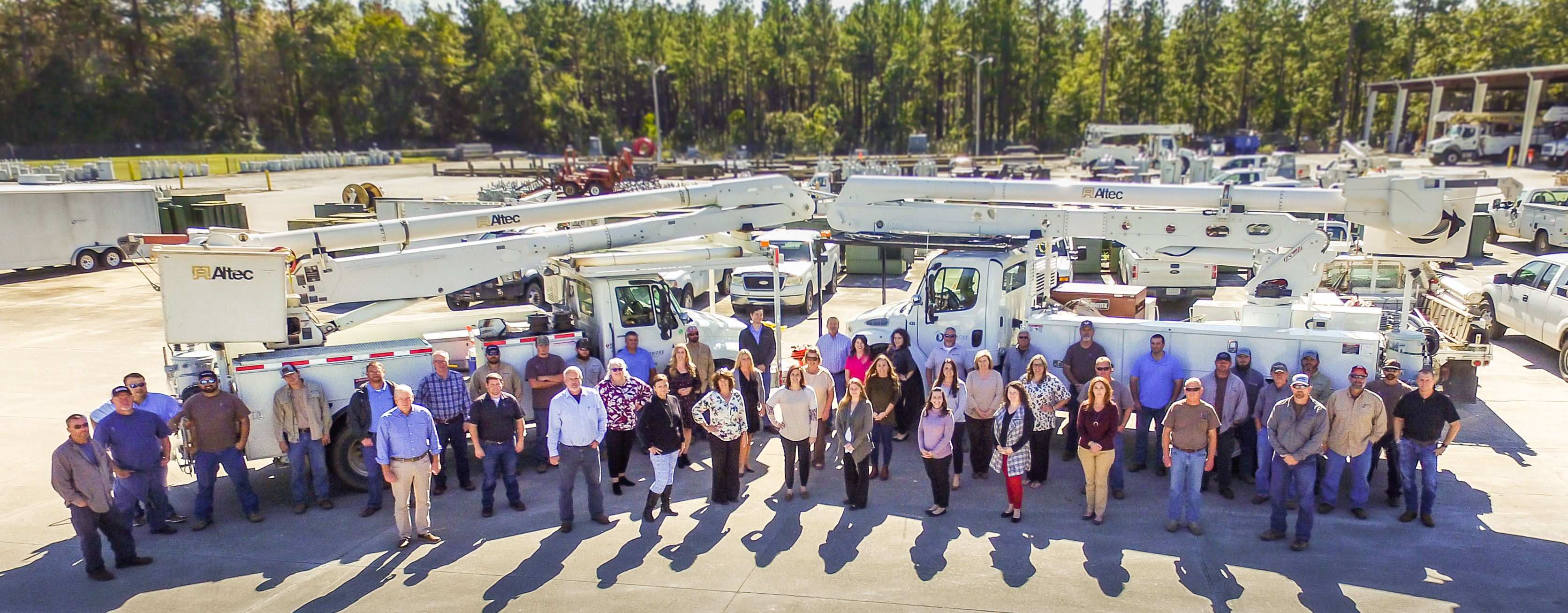For more than 80 years, the principle of “concern for the community” has been at the heart of everything we do.
Okefenoke Rural Electric Membership Corporation (OREMC) is an electric cooperative powering the lives of over 40,000 residential consumer-members, commercial and industrial accounts in southeast Georgia and northeast Florida. OREMC’s service area includes Brantley, Camden, Charlton, Glynn, Ware and Wayne counties in Georgia, as well as Baker and Nassau counties in Florida.
Providing you affordable, reliable and sustainable energy is our primary mission, but we think of OREMC as more than just your energy provider. We are a local partner who leverages our resources to support our communities, promote education and power economic development that fosters prosperity for the people—by the community, for the community.
The Seven Cooperative Principles
1. Voluntary and Open Membership – Cooperatives are voluntary organizations, open to all persons able to use their services and willing to accept the responsibilities of membership, without gender, social, racial, political, or religious discrimination.
2. Democratic Member Control – Cooperatives are democratic organizations controlled by their members, who actively participate in setting policies and making decisions. The elected representatives are accountable to the membership. In primary cooperatives, members have equal voting rights (one member, one vote) and cooperatives at other levels are organized in a democratic manner.
3. Members’ Economic Participation – Members contribute equitably to, and democratically control, the capital of their cooperative. At least part of that capital is usually the common property of the cooperative. Members usually receive limited compensation, if any, on capital subscribed as a condition of membership. Members allocate surpluses for any or all of the following purposes: developing the cooperative, possibly by setting up reserves, part of which at least would be indivisible; benefiting members in proportion to their transactions with the cooperative; and supporting other activities approved by the membership.
4. Autonomy and Independence – Cooperatives are autonomous, self-help organizations controlled by their members. If they enter into agreements with other organizations, including governments, or raise capital from external sources, they do so on terms that ensure democratic control by their members and maintain their cooperative autonomy.
5. Education, Training, and Information – Cooperatives provide education and training for their members, elected representatives, managers, and employees so they can contribute effectively to the development of their cooperatives. They inform the general public, particularly young people and opinion leaders, about the nature and benefits of cooperation.
6. Cooperation Among Cooperatives – Cooperatives serve their members most effectively and strengthen the cooperative movement by working together through local, national, regional, and international structures.
7. Concern for Community – While focusing on member needs, cooperatives work for the sustainable development of their communities through policies accepted by their members.


